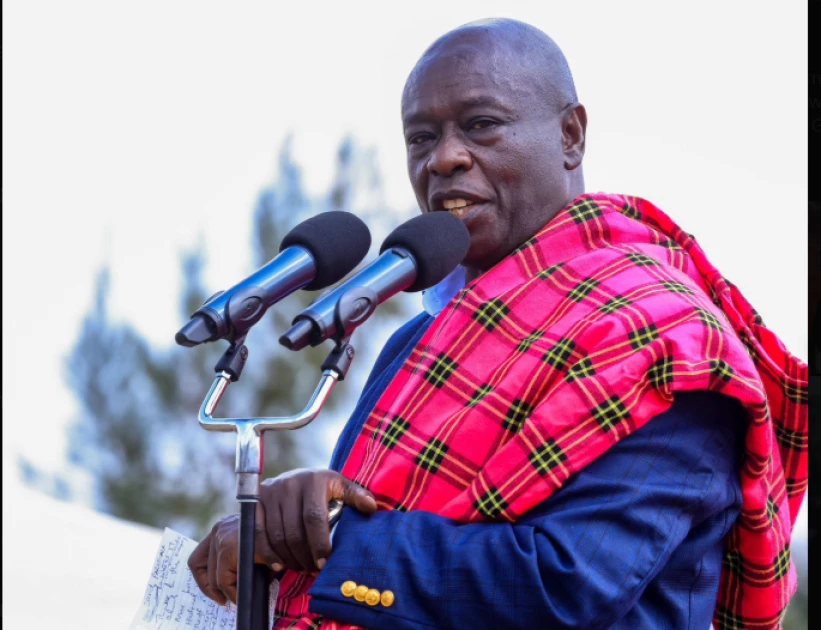- Details
- East Africa
- 336
Speaking during a church service at Jesus Exaltation Church Bethsaida in Kaputie North Ward, Kajiado East Constituency, Gachagua criticized President Ruto’s recent address at the United Nations General Assembly (UNGA), describing it as hypocritical and inconsistent.
Gachagua took issue with the President’s call for a ceasefire in Sudan, alleging that Ruto has been linked to enabling the very conflict he now condemns. He questioned why the Head of State has yet to respond to the allegations, even as he positions himself as a regional peacemaker.
He cited Kenya’s deployment of police officers to Haiti to tackle gang violence, while alleging that, domestically, the President has abetted the formation of gangs used to suppress opposition voices.
“This double-speak exposes the inconsistency of the President’s international diplomacy and his approach to governance at home,” Gachagua charged.
He also criticized Ruto’s handling of fallen Kenyan officers in Haiti, accusing him of insensitivity for publicly announcing their names before informing their families.
According to Gachagua, this demonstrated a lack of empathy for the sacrifices made by security personnel.
Turning to domestic politics, Gachagua urged Kenyan youth to actively participate in the voter registration exercise beginning tomorrow, stressing that their involvement is critical in shaping the country’s leadership ahead of the 2027 General Election.
He also called on the middle class to shed their apathy and play a greater role in electoral processes.
On opposition unity, Gachagua dismissed claims of internal divisions, insisting that the coalition remains intact.
He rejected suggestions that Wiper Party Leader Kalonzo Musyoka might be persuaded to join the government, noting that both Musyoka and DAP-K leader Eugene Wamalwa have reaffirmed their commitment to opposition politics. Citizen Digital






